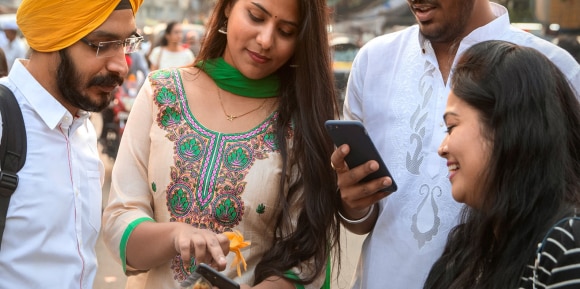
An enormous amount of wealth is set to be transferred to the Next Generation over the coming decades. Wealthy Baby Boomers and the Silent Generation will be handing the torch to the Next Gen – which includes Gen X, Millennials and, eventually, Gen Z.
The level of anticipated wealth transfer to these younger generations is considerable. The 2024 Cerulli US HNW & UHNW Markets Report estimates that USD 124trn is expected to be transferred across generations over the next 25 years, with USD 105trn flowing to heirs and USD 18trn going to philanthropy. Given this reallocation, the opinions and preferences of these Next Gens will increasingly influence the approach of HNWs and UHNWs to giving.
We have spoken with our clients about the preferences and habits of Next Gen individuals and family members across numerous meetings and advisory sessions and during UBS Collectives and Philanthropy Insights trips. From this series of discussions, we have identified four key trends for the coming year and beyond.
We’ll keep an eye on these trends and others. The increasing wealth moving into the hands of this Next Gen means they are likely to shape tomorrow’s philanthropy landscape.
Focusing on impact returns
Focusing on impact returns
Whether Next Gens are investing or giving, the focus is on achieving proven impact.
Taking a hands-on approach
Taking a hands-on approach
Next Gens are giving more than just money, sharing expertise, and partnering with others.
Focusing on environment and social justice
Focusing on environment and social justice
Next Gens are particularly committed to the environment and social justice.
Tapping into the power of digital
Tapping into the power of digital
Next Gens leverage the power of digital for advocacy, transparency, and accountability.





